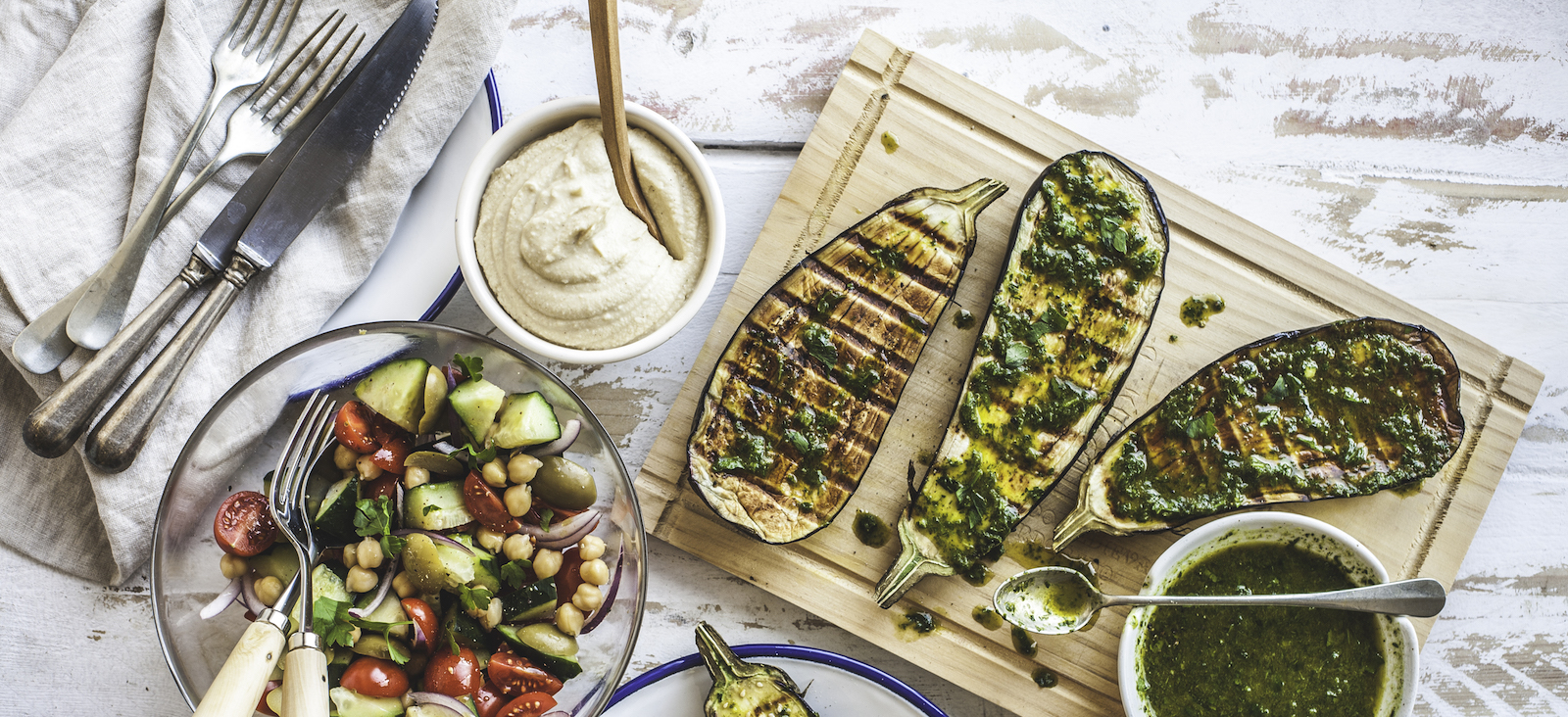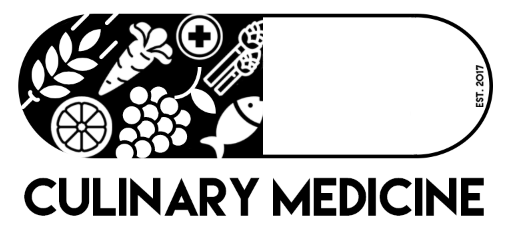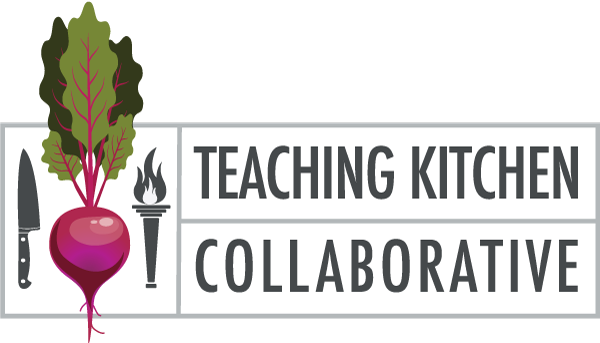About the Team
Jaclyn Albin, M.D., CCMS
Dr. Albin launched UT Southwestern’s Culinary Medicine Program and serves as its Director, working to teach nutrition through hands-on cooking classes to students, health care professionals, and the community. She is an Associate Professor of Internal Medicine, Pediatrics, and Public Health and practices primary care. She also serves as the founding Associate Program Director for the combined Internal Medicine/Pediatrics Residency Program.
Dr. Albin is trained in lifestyle medicine and is a certified culinary medicine specialist (CCMS). She serves on the national advisory board for the CCMS program at the American College of Culinary Medicine and studies the impact of culinary medicine classes in medical education, patient care, and community settings.
She is passionate about nutrition, lifestyle, and environmental influences on health, and she seeks to drive positive change at a population health level that ensures everyone has access to nourishing, delicious food. Making changes for a healthier life can be very challenging, and Dr. Albin strives to equip her patients with the knowledge, skills, and support to optimize their success.
Milette Siler, RD, LD, CCMS
Ms. Siler has been involved with culinary medicine since 2014, when a collaboration between UT Southwestern Moncrief Cancer Institute and Texas Christian University first brought the program to North Texas. In addition to her training as a registered dietitian, she has obtained culinary training from the Goldring School of Culinary Medicine and has obtained an advanced certification (CCMS) from the American College of Culinary Medicine and served on its national advisory board.
Her career is focused on advancing culinary medicine in both professional student and community settings. In the professional student arena, Ms. Siler serves as Lead Dietetic Instructor at UT Southwestern Medical School, bringing enhanced nutrition education to medical students, residents, and other health professionals.
In the community setting, she teaches hands-on cooking classes for cancer survivor patients at Moncrief. Additionally, she networks with local food pantries and other organizations to bring culinary medicine to underserved populations in the Dallas-Fort Worth area.



















